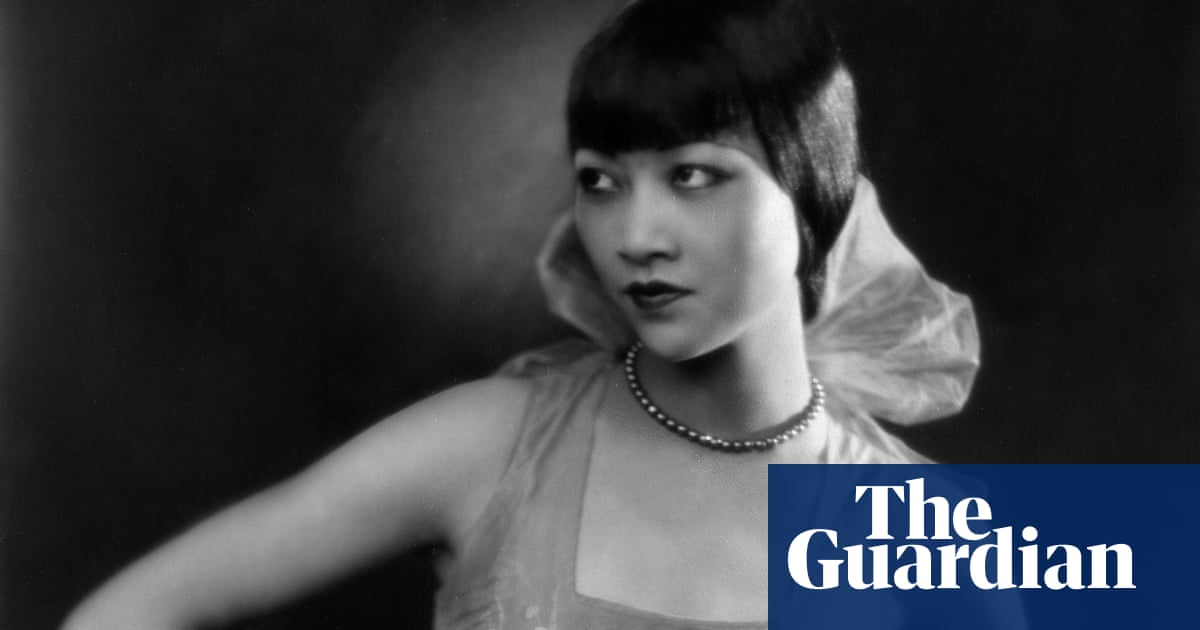
Some years back, at the Naughty Squirrel backpackers hostel in Riga (twice winner of best hostel in eastern Europe at the Hoscars), I met a small, dark-haired woman in her late thirties. She was laid out on a bottom bunk, her pregnant stomach rising like a child’s drawing of the sun sinking into the sea. We attended some gigs and free walking tours together and hung out at bars with Australians. I asked what she was doing here, why she had come now. She said she was frightened that having a child would erode her personal identity. She was determined to get in all the life she could before that happened. After we parted ways, she texted me asking for every photograph I had from those few days. I imagined her holding a mewling, grasping baby in her arms as she scrolled through images of this now-lost version of herself: warm and rosy, carefree and alone.
When I was younger, I made an equivalent vow with my future self. To travel alone (in the UK, in Europe, wherever I could afford) at least once a year, so long as I was able. It was a means of guarding against what I worried I would become: settled, impermeable, inflexible. Like everyone else, I’ve lost out on some years. But I’m back at it now. An unspoken clause in my promise concerned where I would stay. It would not count if I secured myself off behind the card-locked door of some hotel room. Hostels or nothing: that was the deal.
John O’Donohue, the philosopher-poet-priest, believed there is a vital tension within the human heart between longing and belonging. To live well, every person requires a form of shelter, a place where they feel at home. But to belong without longing or yearning for some other life would amount to a pale, empty kind of existence. I read O’Donohue’s book Eternal Echoes: Exploring Our Hunger to Belong in spurts from the top bed of a triple bunk in a brightly lit hostel in Galway, my sleep broken by the snores of a man passed out in his jeans two beds beneath me. I remember how obviously true O’Donohue’s words felt. The temporary communities that spring up in hostels expose the human straining between longing and belonging like nowhere else. They are the embodiment of longing, our restless need for new experience. And yet you also find a kind of fragmentary belonging there, breaking up and reforming itself with each new influx of visitors.
I was drawn to hostels because they are cheap and because I don’t actually travel alone to be alone. Since then, I’ve found so much else to love about them. I appreciate their uniformity across the world. The same indie-rock time warp pumped through the speakers of the shared living space: Green Day, The Killers and Linkin Park. The same lurid graffiti, cartoonish world maps, (clusters of stickers indicating from where each traveller has come), blown-up stock images of the Taj Mahal and Empire State Building lining the walls. I like how quickly you become a veteran, magnanimously informing bug-eyed newbies which showers are the most powerful or where to get the cheapest interpretation of whatever the local cuisine is here.
On entering a hostel, I feel light sensitive, like photographic paper, able to take in clearer impressions of those around me without my own self getting in the way as much. Discussing her Outline trilogy, in which the protagonist, Faye, becomes a filter for the stories of others, Rachel Cusk suggested that a person “could find a different way of living, by a different way of inquiring or listening”. For me, the reversal is true. My diaries from hostels are full of people, not places. Once there, I become a different kind of writer.
Earlier this year I stayed at Deep Ellum hostel in Dallas. American hostels have more space: higher ceilings, wider beds. The guests are mostly American, arriving from other states with ambitious plans of starting over – “I’m wiping the slate clean”, they’d tell me, “I’m done with who I was back there.” Most of the friends I made in Dallas worked in the hostel. One would always take the night shift; the two of us would lean against the reception desk chatting from very late to very early. He had dreams of becoming an inventor, hoping to make it big with a new-fangled quasi-health drug he’d come up with, which you could take through a hookah. He asked if I wanted to try it. “Come on: if you die, it will give you something to write about,” he joked.
This is not to say staying in hostels feels easy all the time. Plunging lows arrive suddenly, spreading out like concentric rings through water. There are nights that seem to go on for ever, where I don’t have the energy to meet new people and end up the only one in the dorm at 10pm, feeling a kind of teenage embarrassment. Nights where I’m woken at 4am by drunken guests falling over each other into their bunks. Men who have decided my choice to travel alone means I must want some romantic encounter, and I have to skip out of their way at night to find hostel employees I feel safe with. But each new encounter with someone great and surprising feels like an incredible fluke, a stroke of luck. I know the tricks now, too: buy a six-pack of beer and it will guarantee you a good night, the drinks coming back to you in multiples.
One time I accompanied an old woman from the bunk opposite me to dinner. We spent much of it leaning over her phone: endless pictures of grinning children and grandchildren. As she was leaving the next morning, she took me firmly by both shoulders and said: “I hope you find what you are looking for.” It was probably innocent, but I felt put out by the statement. I have found what I’m looking for: to keep looking, to go away so I want to come back, and come back to go away again.
Lamorna Ash is the author of Dark, Salt, Clear: Life in a Cornish Fishing Town












